Sports bettors in Illinois on Saturday logged into their apps and were met with an uncommon warning: the state legislature was considering new taxes.
The tax, which passed minutes before midnight local time on Saturday, will be 25 cents for every bet for a licensee’s first 20 million bets, and 50 cents per bet thereafter. This arrangement came as part of $1 billion in new taxes to ostensibly fund public transit, after a new provision last year raised taxes on sportsbooks from a 15% flat fee to up to 40%.
Before the new surcharge passed on Saturday, alarm signals were sent out by the sports betting industry. Proxies for FanDuel and DraftKings, the Capulets and Montagues of sportsbooks who have been in a blood feud with each other for years, both tried to warn against the new tax.
The Ringer, sponsored by FanDuel, posted a since-deleted tweet that said, “The Illinois legislature is considering an unprecedented tax on every bet placed on online apps like FanDuel. This would hurt sports fans in Illinois and potentially drive them to the illegal market.” The tweet led to a link at the Sports Betting Alliance to urge politicians to reject the tax. Dan Katz (“Big Cat”) of Barstool Sports, which is sponsored by DraftKings, said in a video that the new tax would be “very bad” and shared the same Sports Betting Alliance link. It has not been common for Katz or The Ringer to engage in political advocacy.
The Sports Betting Alliance—which consists of FanDuel, DraftKings, BetMGM, and Fanatics—issued a statement calling the sports betting tax “discriminatory, punitive and constitutionally suspect.”
“With this change, lawmakers are essentially urging customers—and especially these small dollar bettors—to switch to unsafe and unregulated sportsbooks who defy state consumer protections and generate zero taxes for state priorities,” the Sports Betting Alliance said. “These illegal operators are the big winners from Saturday’s vote.
It added that it will continue to fight this tax and potential other similar taxes that might be proposed in Illinois or any state moving forward.
This is the second straight year lawmakers in Illinois have approved a budget hiking taxes on regulated sportsbooks. In the budget passed last May, the Illinois Senate approved a progressive wagering tax increase that changed the sports betting tax from a flat 15% rate to a system based on adjusted gross revenue, meaning larger sportsbooks pay higher taxes.
Adam Hoffer, director of excise tax policy at the Tax Foundation, tells Front Office Sports this is the first fixed-rate per wager tax on sports betting he’s seen. Based on the language of the policy, he says it’ll be “practically impossible” for sportsbooks in Illinois to take $1 bets moving forward.
“It’s going to distort the market, which is not something you generally want tax policy to do,” he says.
Hoffer says perhaps the act of discouraging small-money wagers could reduce the rates of problem gambling. But on the other hand, there will be bettors who will increase the amount of money they place on individual bets because of the tax.
Meanwhile other states could look to replicate this policy in the future. “A lot of states’ tax policies are driven by what they see in other states,” he says. “There’s very much a copycat system.”
Analysts at Truist said in a Sunday research note that the change will most impact the two biggest players—FanDuel and DraftKings—while more moderately affecting those below them, like BetMGM, Fanatics, and Entain. The note also said the change could embolden illegal market operators, and said “we fear other states could look to copy [Illinois]…”
Robert Walker, director of operations at ARMS—which helps retail sportsbooks manage potential risks to their business—tells FOS he read about the new sports betting tax “with a sinking feeling,” and says “it confirms exactly what I’ve been worried about.”
The tax pushed through in Illinois “sets a dangerous precedent,” he says. Expect other states to impose similar taxes on licensed sportsbooks “whenever they need quick revenue.”
Walker, who for more than a decade was the sportsbook director for MGM Mirage’s Las Vegas casinos, says this comes at a particularly challenging time for the legalized sports betting industry, which is facing new competitors in the form of companies like Kalshi that offer sports “prediction” markets.
“This feels like short-sighted revenue grabbing that could drive casual bettors away from legal, regulated platforms,” he tells FOS. “Exactly the opposite of what good policy should accomplish.”
He expects sportsbooks to respond by raising their minimum bet requirements, meaning that sports bettors are the ones who will ultimately feel the tax.
“Make no mistake: this cost will ultimately land squarely on the customer,” Walker says. “The tax may be levied on the operator, but basic economics tells us who really pays. What’s particularly frustrating is how this undermines the competitive position of regulated operators just when they need every advantage they can get against emerging alternatives.”
The emerging alternatives include Kalshi, an exchange-based platform whose sports betting markets have expanded onto Robinhood, which are not subject to state gaming taxes.
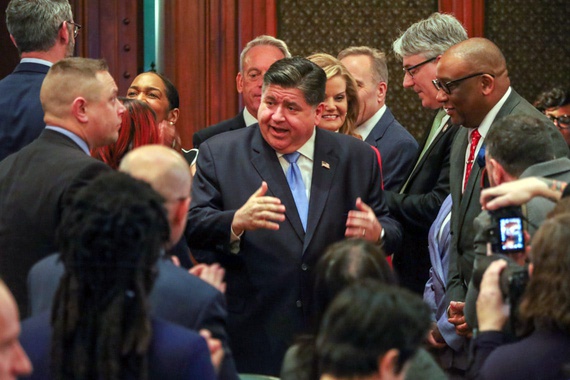
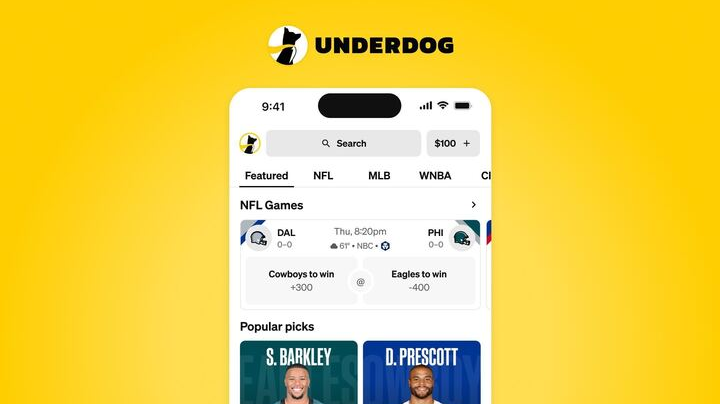
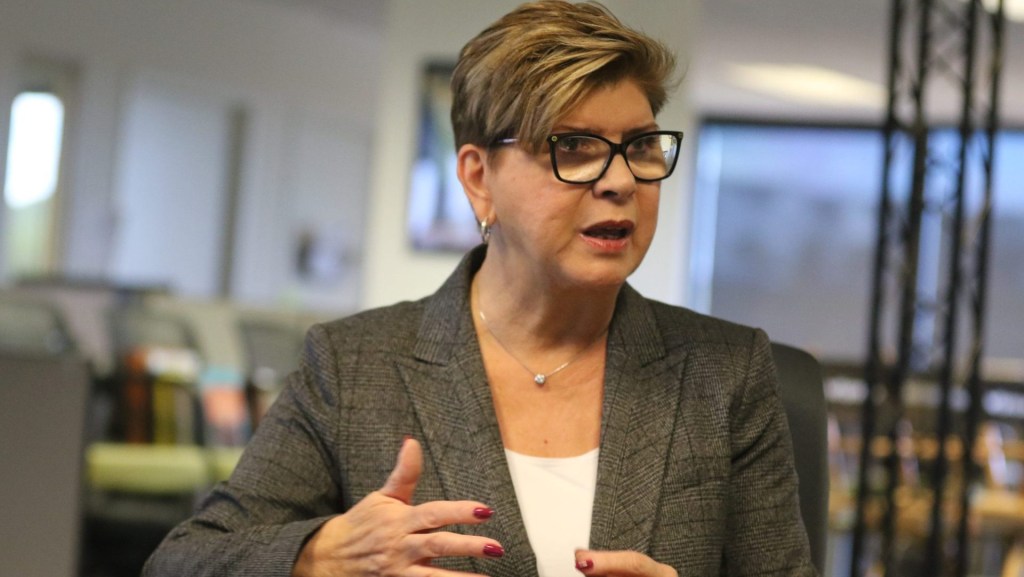
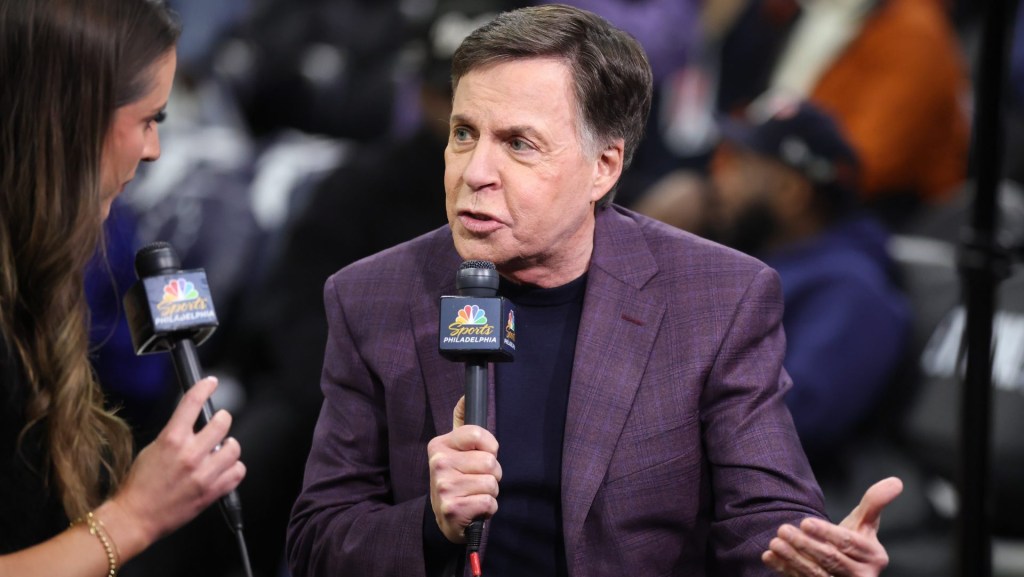



![[Subscription Customers Only] Jun 15, 2025; Seattle, Washington, USA; Botafogo owner John Textor inside the stadium before the match during a group stage match of the 2025 FIFA Club World Cup at Lumen Field.](https://frontofficesports.com/wp-content/uploads/2026/02/USATSI_26465842_168416386_lowres-scaled.jpg?quality=100&w=1024)
![[Subscription Customers Only] Jul 13, 2025; East Rutherford, New Jersey, USA; Chelsea FC midfielder Cole Palmer (10) celebrates winning the final of the 2025 FIFA Club World Cup at MetLife Stadium](https://frontofficesports.com/wp-content/uploads/2026/02/USATSI_26636703-scaled-e1770932227605.jpg?quality=100&w=1024)
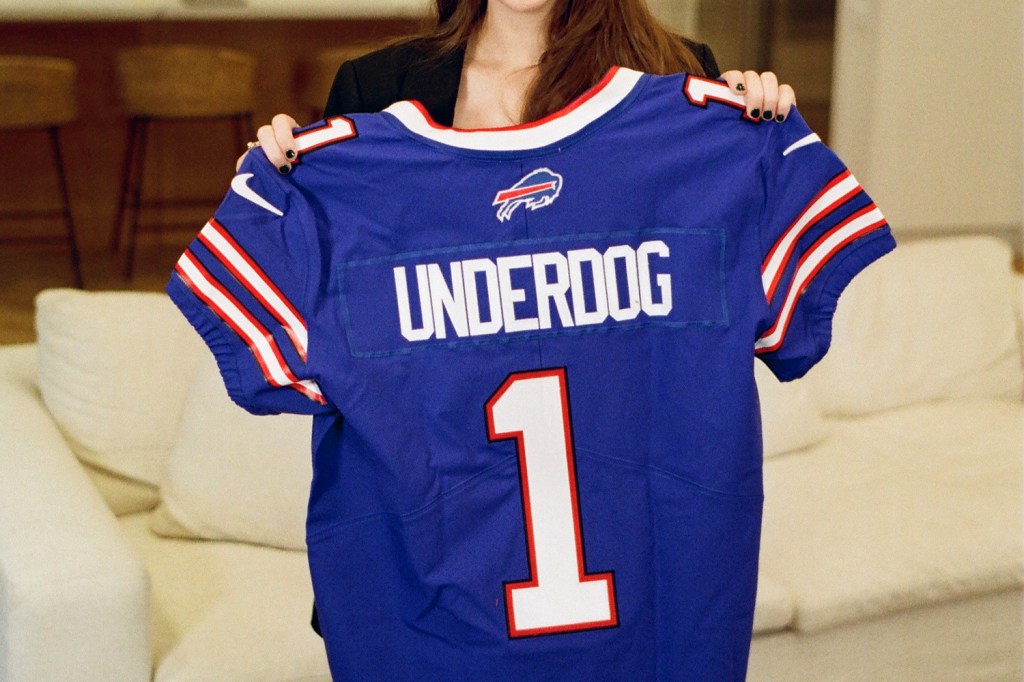

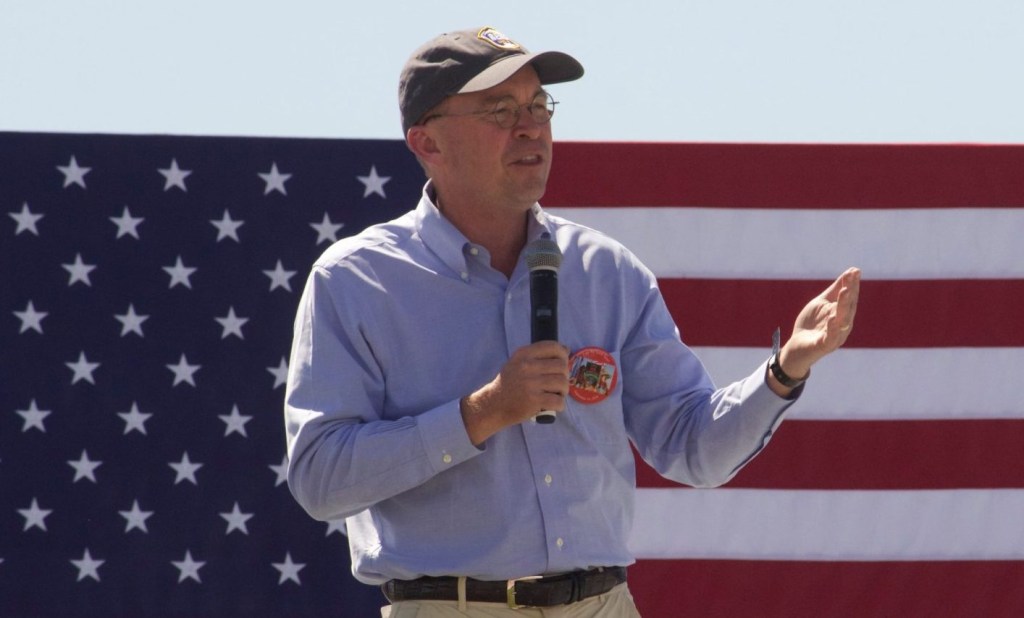

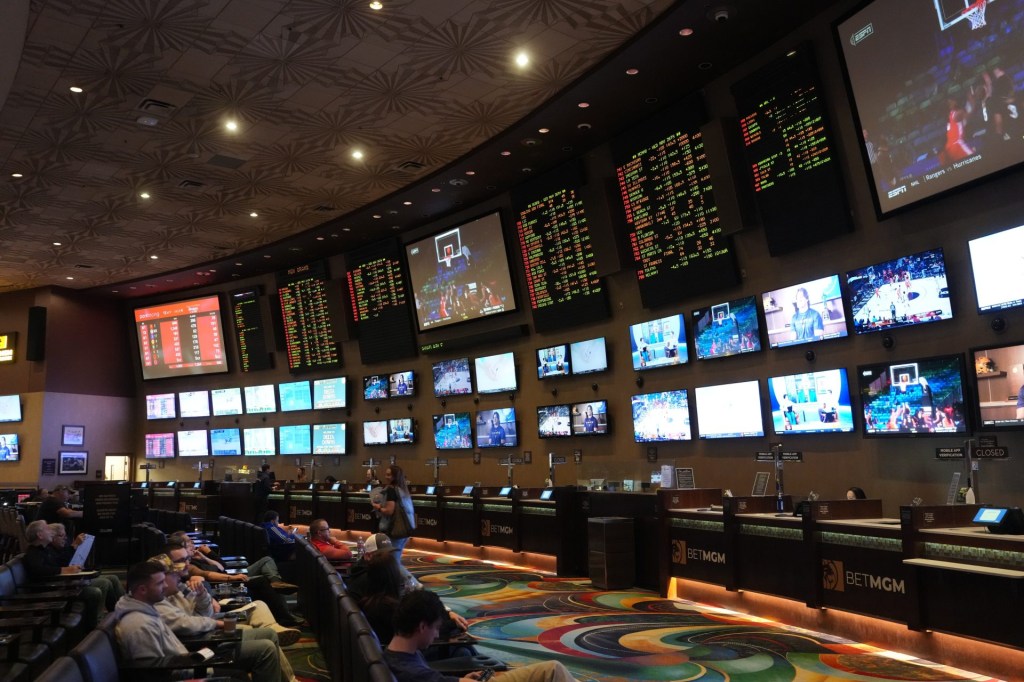
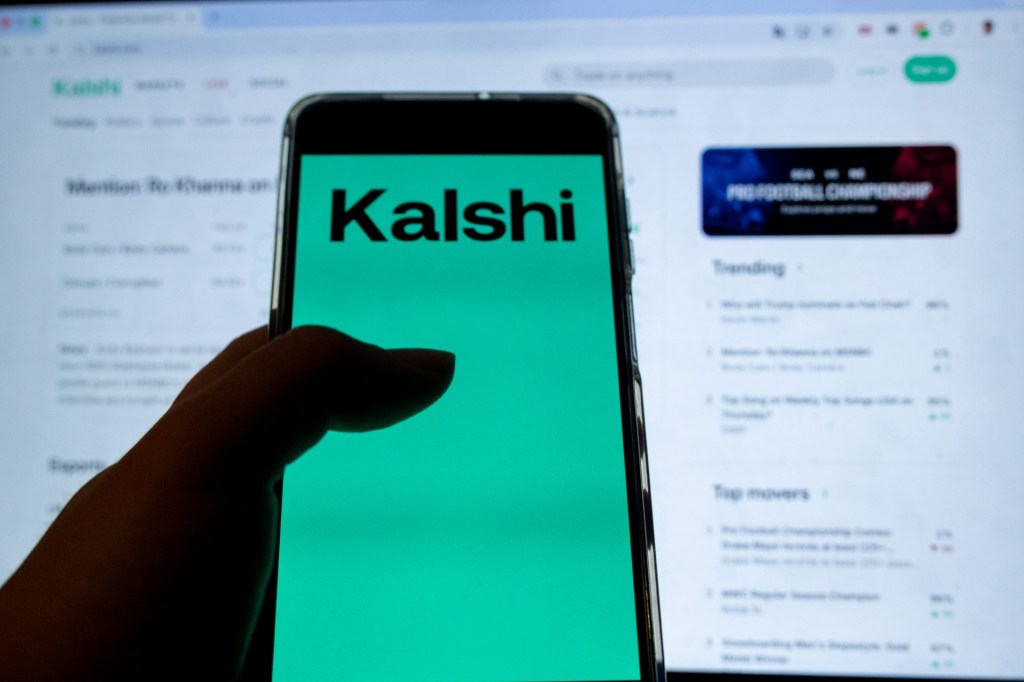

![ESPN Bet broadcasts inside the PGA Tour Studios building in Ponte Vedra Beach, Florida, on March 14, 2025. [Clayton Freeman/Florida Times-Union]](https://frontofficesports.com/wp-content/uploads/2026/02/USATSI_25668497_168416386_lowres-1-scaled.jpg?quality=100&w=1024)
